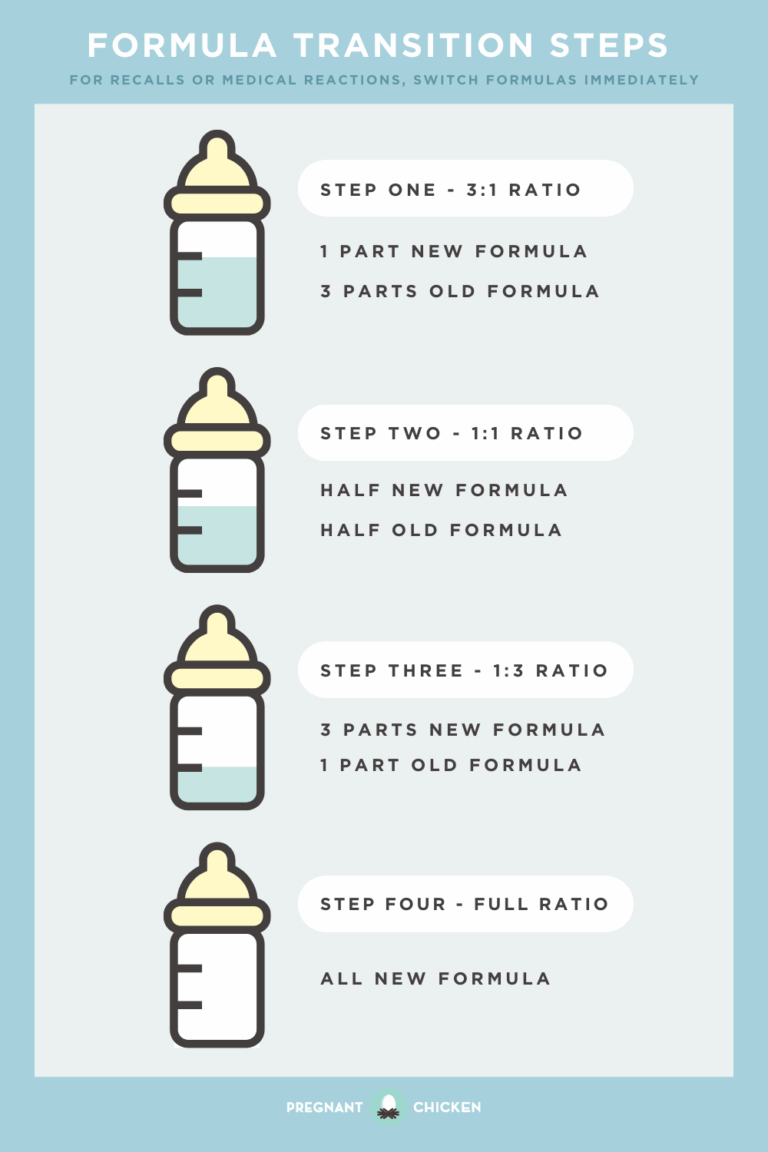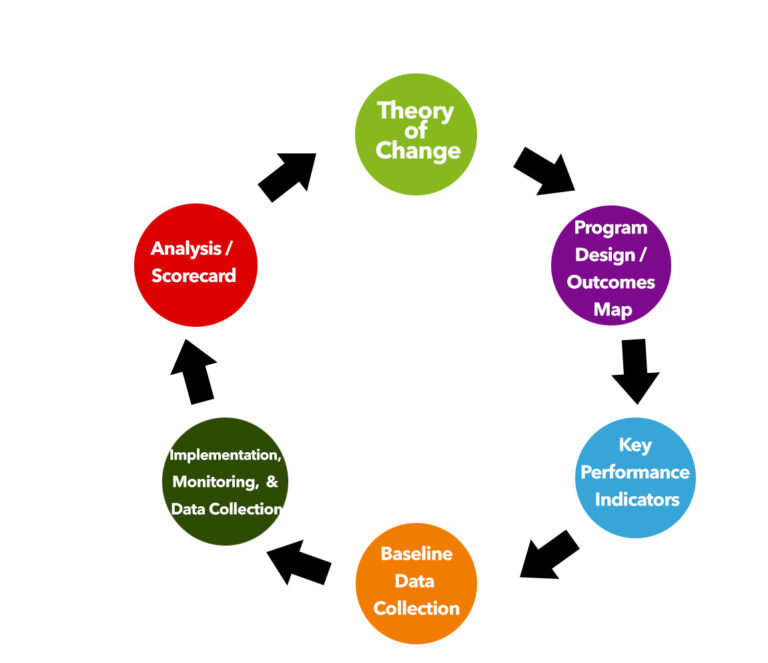Do Newborns Have Nightmares: Exploring the Dream World of Infants
The world of newborns is filled with wonder, discovery, and an abundance of dreams. While we often associate nightmares with older children and adults, the question of whether newborns experience nightmares is a fascinating and complex one that has intrigued researchers and parents alike.
This article delves into the intriguing realm of nightmares in newborns, exploring the medical evidence, types, causes, and effects of these nocturnal experiences. We will also uncover the cultural perspectives and management strategies surrounding nightmares in newborns, shedding light on this important aspect of infant development.
Do Newborns Have Nightmares?

Newborns spend a lot of time sleeping, but do they have nightmares? It’s a common question that parents ask, and the answer is not always clear.
FAQ
Can newborns actually have nightmares?
Yes, research suggests that newborns can experience nightmares, although they may differ from the vivid and complex nightmares of older children and adults.
What are the signs of nightmares in newborns?
Newborns may exhibit signs of distress during sleep, such as rapid eye movements, grimacing, crying, or flailing their limbs.
What causes nightmares in newborns?
Factors such as sleep patterns, environmental stimuli, emotional stress, and developmental milestones can contribute to nightmares in newborns.
How can I help my newborn cope with nightmares?
Creating a calming bedtime routine, providing a secure and comfortable sleep environment, and offering gentle reassurance can help reduce the frequency and severity of nightmares in newborns.





